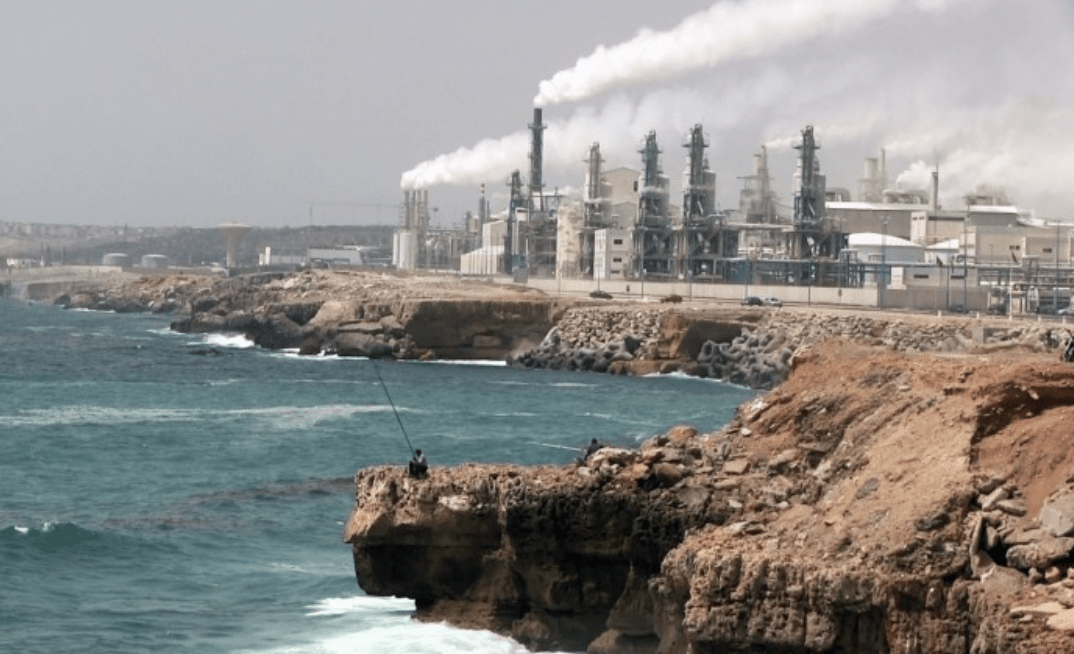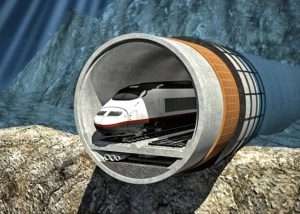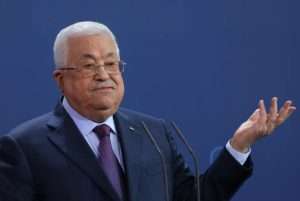What does the formation of a private oil company mean for Libya?

In April 2023, a company was established in Benghazi that would break decades of precedent set in Libya, as originally written in The Libya Gazette. Backed by the son of the leader of the Libyan National Army, Khalifa Haftar, Arkenu became the first private oil company allowed to export crude oil in Libya, thus breaking the monopoly of the Tripoli-based National Oil Corporation. Arkenu boasts to have a roster of industry-leading engineers and technologies, and according to Reuters, it had exported around $600 million of crude oil between May 2024 and February 2025.
The foundation of the private oil company is a major moment in modern Libyan history, as it demonstrates the confidence and growing independence of the east. Saddam Haftar, the son of de facto military leader Khalifa Haftar, is reported to have indirect control of Arkenu, which, if true, highlights the control that the Haftar family has over eastern Libya. However, the foundation of the company has been a legal one, and as one source told Maghrebi, “I think it’s very important to be clear that Arkenu is a legal entity. It’s approved by the GNU, its activities are sanctioned and approved by the National Oil Corporation, so it isn’t doing anything strictly illegal, that is why its partners are the US company Schlumberger, and it can carry out exports.”
“Arkenu is basically controlled by the Haftars, specifically Saddam Haftar, and it is because of him and his influence and power that he has been able to get Arkenu to export crude.” In doing so, Arkenu has been able to avoid the traditional model by which oil income flows into the National Oil Corporation (NOC) through the Libyan central bank and is then finally dispersed into the Government of National Unity (GNU). “The Haftars have found a way of bypassing that arrangement and directly earning oil money, which is pretty smart to be honest.”
This system is one that threatens the monopoly that western Libya has had on oil exportation and will act cautiously with how they choose to integrate Arkenu into the western system: “The GNU won’t be happy with this but will accept it not to tip the scales too much. It creates a worrying precedent by which if you’ve got enough clout, you can come in and set up an entity and start exporting crude as long as you can get the NOC to sign off on it.” The success of Arkenu is a sign of the burgeoning confidence and independence of the East under Haftar. “It is a worrying situation. It definitely allows eastern Libya to have more autonomy and widens the divide.”
The actual mechanics of the company still remain unclear. Transparency isn’t easy to attain with regards to eastern Libya and the Haftar’s however a source close to Maghrebi suggested that: “Arkenu is supposedly being paid in oil for its oil services at Sarir and Mesla with the idea being that if they can increase output then instead of being paid in money they will be paid in crude and then they will be able to sell that crude across the market.” This system makes the final profits harder to trace and means that the economic dealings of Arkenu are difficult to determine. There is a chance that the profits are being channeled through UAE bank accounts before being distributed. Argus Media reported that “the arrangement implies Agoco is paying for Arkenu’s services in the form of crude. Arkenu’s 1mn bl cargo is worth around $84mn at current market rates.”
The growing autonomy of eastern Libya has also been exemplified in foreign relations. Russia, Turkey and the UAE have all engaged with the east and Haftar is seen by many abroad as a tougher and more secure alternative to the political machinations in Tripoli. With support from outside investment, Arkenu – and more broadly eastern Libya – will hope to develop into an ever more independent and economically and politically autonomous state.
Arkenu’s development shows that Libya’s oil sector is no longer the uncontested preserve of Tripoli. By creating a legal pathway to export crude while bypassing the traditional revenue channels, the Haftar family has both challenged the centralised system and in doing so has underscored the east’s growing autonomy. Whether Arkenu can truly rival the west remains uncertain; its opaque finances, reliance on family influence, and limited production base may pose constraints in years to come. But its very existence sets a precedent, and it signals a Libya in which power is increasingly fractured. The question is not just whether Arkenu can compete with the west, but whether the west can adapt to an oil landscape where the monopoly of Tripoli is no longer guaranteed.
Reuters/ Argus Media/ Maghrebi/ Libya Gazette
Want to chase the pulse of North Africa?
Subscribe to receive our FREE weekly PDF magazine














